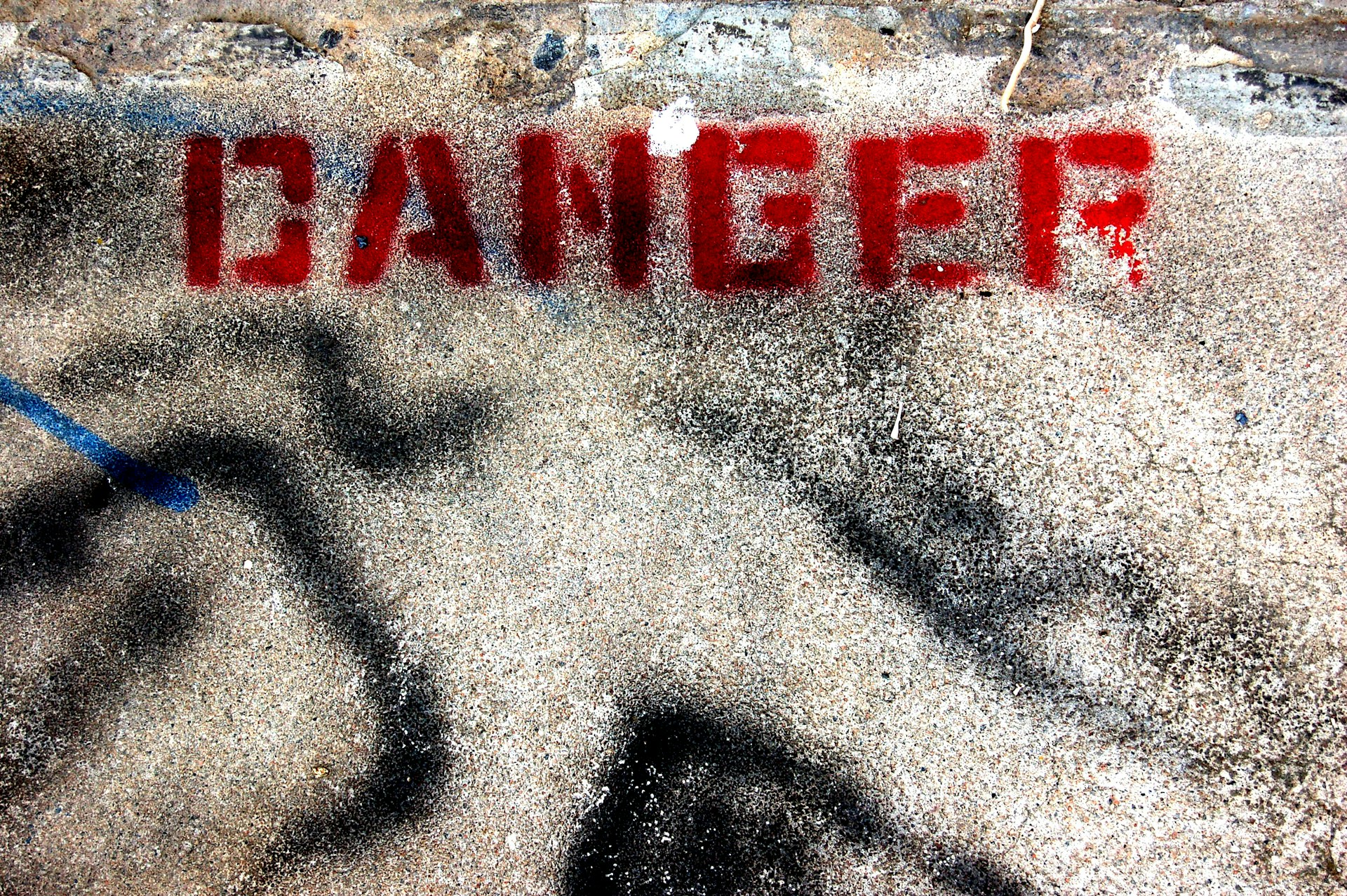Practical ways to turn buyers into believers (without burning yourself out)
If you’re running a regenerative ag business, you’ve already got a powerful story. You’re doing the hard, hopeful work of healing the land, rebuilding local economies, and feeding people in a way that respects the Earth. That alone sets you apart.
However, in a crowded market (and with limited time and resources), you need more than just a good product. You need people who believe in what you’re doing so much that they tell their friends.
In other words, you need advocates.
So, how do you turn a one-time customer into someone who spreads the word for you? Let’s break it down and then dig into some real-world, doable strategies.
What’s the difference between a customer and an advocate?
Understanding the spectrum of customer relationships helps you see where to focus your energy.
- Customer: Someone who buys from you once. Maybe they saw you at a market, stumbled on your site, or were given one of your products as a gift.
- Repeat customer: Someone who buys more than once. They like what you offer. They trust it. But they’re not necessarily emotionally connected.
- Fan: Someone who really gets you. They love what you’re about, follow your updates, and maybe comment or like your posts. They’re proud to support you.
- Advocate: Someone who goes out of their way to spread the word. They recommend you to friends, share your posts, leave reviews, and maybe even defend your values in public. They’re part of your story, and they act like it.
Your goal isn’t to “convert” everyone. It’s to make it easier for those fans and advocates to emerge naturally.
Here’s how to do that, without a big team, fancy software, or a marketing degree.
1. Start by showing up with heart and consistency
People don’t advocate for businesses they feel disconnected from. They advocate for businesses they trust, and trust is built over time.
That means showing up regularly in the places you’ve chosen to be (your email newsletter, your social media, your farm stand or delivery box) with an honest, consistent voice. Share what you’re doing, what you’re learning, and what you care about. Let people into your world.
You don’t have to be everywhere. But you do have to be real. The more people see you as a human being (not just a product), the more likely they are to root for you, talk about you, and stick with you through the seasons.
2. Make your customers feel seen
This one’s simple, but powerful.
When someone buys from you, thank them personally. Mention their name. Remember what they bought if you can. Ask a question or check in on how they liked it. Send a quick follow-up email if possible (and getting customer emails and permission to message them is a huge step toward a successful marketing strategy). Tag them in a post if they share something. Handwrite a note if you’re mailing a product. You get the idea.
These tiny gestures build a bridge. We’re all so inundated with faceless transactions (even when they’re made in person) that being remembered is rare and memorable.
And when someone feels seen, they’re far more likely to come back and to tell their friends.
3. Invite people into the story
People don’t just want to support something good. They want to feel like they’re part of it. So, look for low-lift ways to make your customers feel like insiders:
- Share your process. Let people see what goes into your work (planting, harvesting, packing, planning). It builds appreciation and emotional investment.
- Ask for feedback. Use a quick poll or open-ended question to learn what people care about. They’ll feel included, and you’ll get insights you can actually use. You get bonus points if you actually put those suggestions to use.
- Celebrate your supporters. Highlight customer stories or quotes. Post pictures they’ve shared. Make it about them as much as it’s about you.
When people feel like co-creators, not just consumers, they start to advocate without even being asked.
4. Make it ridiculously easy to share
Sometimes people want to share your business, but friction gets in the way. Help them out and make it easy:
- Include shareable links or templates in your emails (like: “Forward this to a friend who cares about soil health.”)
- Create a few simple, clear images they can repost on social media.
- Offer referral codes or discounts they can give to friends (this can be informal, just “mention [customer’s name] and get 10% off”).
- Ask for reviews and make the link really obvious.
- Post your story and your “why” clearly on your website, so people have something meaningful to point others to.
Remember: advocacy isn’t always loud. Sometimes it looks like a quiet recommendation, a forwarded link, or a post reshared at the right time. Every single one counts.
5. Reward the love (but keep it genuine)
You don’t have to offer a formal “ambassador program” (although that can work too). But finding small ways to show appreciation for your most loyal customers goes a long way.
- Slip an extra item into a regular’s farm box.
- Offer a sneak peek of a new product.
- Send a note saying, “Thanks for telling your friends, it means the world.”
- Give a special thank-you to someone who left a great review or tagged you in a post.
This kind of reciprocity deepens relationships and shows people that their support matters.
6. Keep your values front and center
People become advocates when they believe in your mission, not just your product. It also helps when they see (and understand) how you walk the walk, instead of just talking.
Don’t be afraid to speak up about what you stand for. Tell people what “regenerative” means to you. Talk about how your practices support biodiversity, local economies, or food justice. Be specific. Be bold.
Your values help attract the right people, the ones who aren’t just looking for a good tomato but for a better food system. Those are the people who stick around. They’re the people who tell your story for you.
In the end, it’s about connection, not conversion
Turning customers into advocates doesn’t require a huge marketing push. It just needs a commitment to making a genuine connection.
The goal should be creating an experience that people want to be part of, because it reflects their values, nourishes their lives, and makes them feel like they belong.
And the best part? When you focus on building relationships instead of chasing sales, advocacy comes naturally.
Want help telling your story or building a stronger connection with your customers? Grounded Growth Co. can help you grow your community as deeply as you grow your soil. Get in touch with us.



